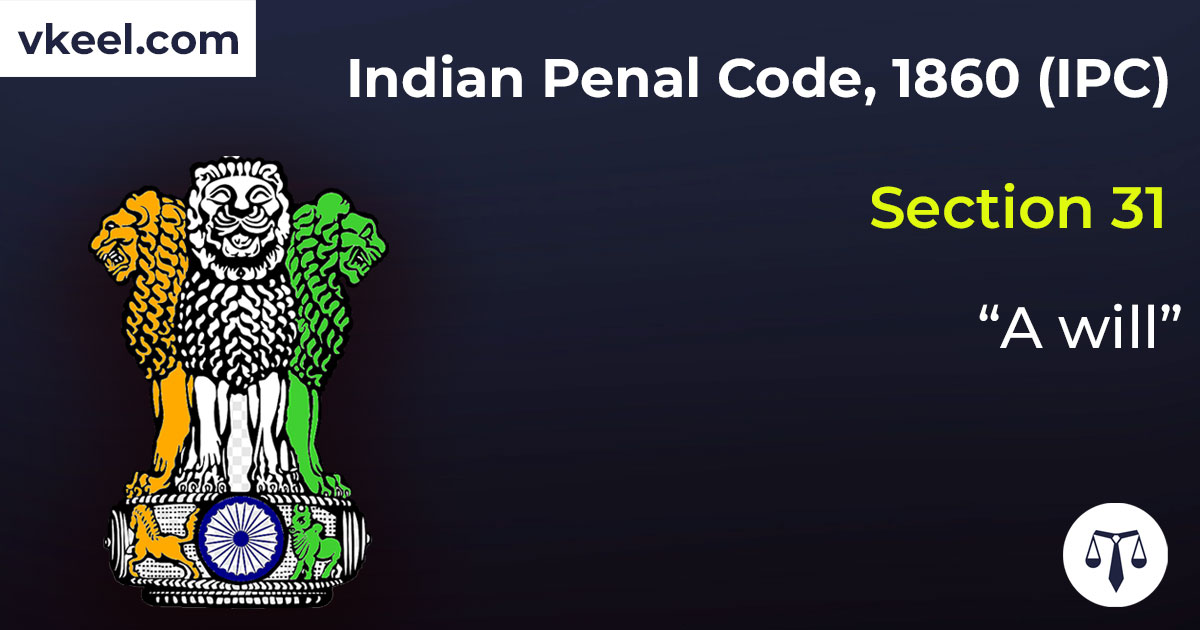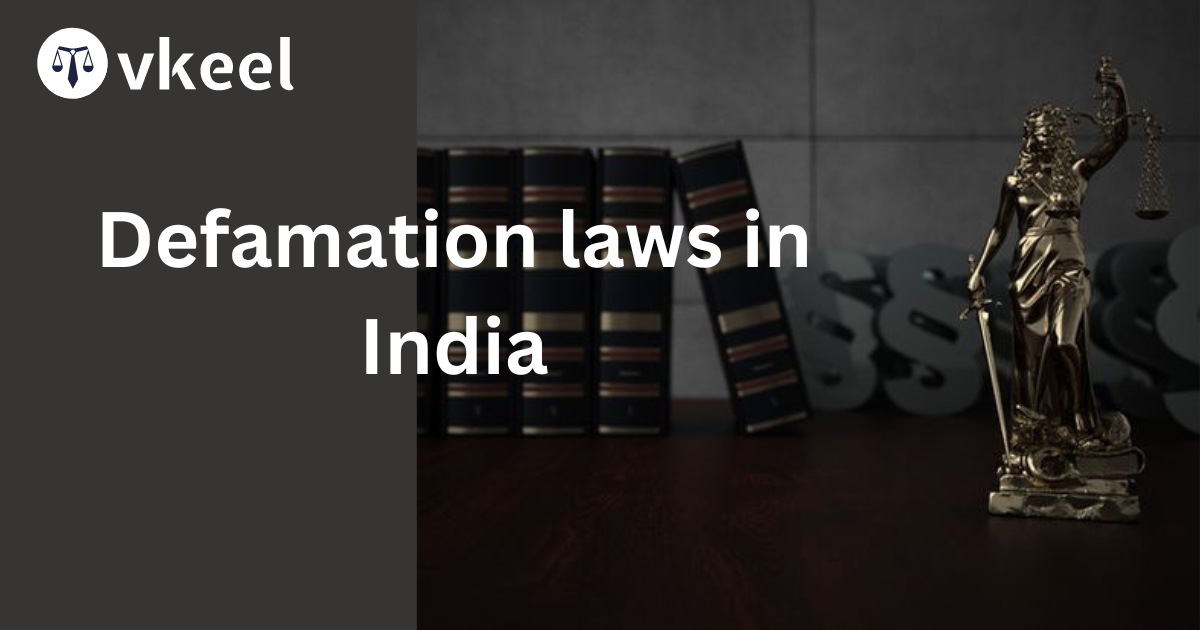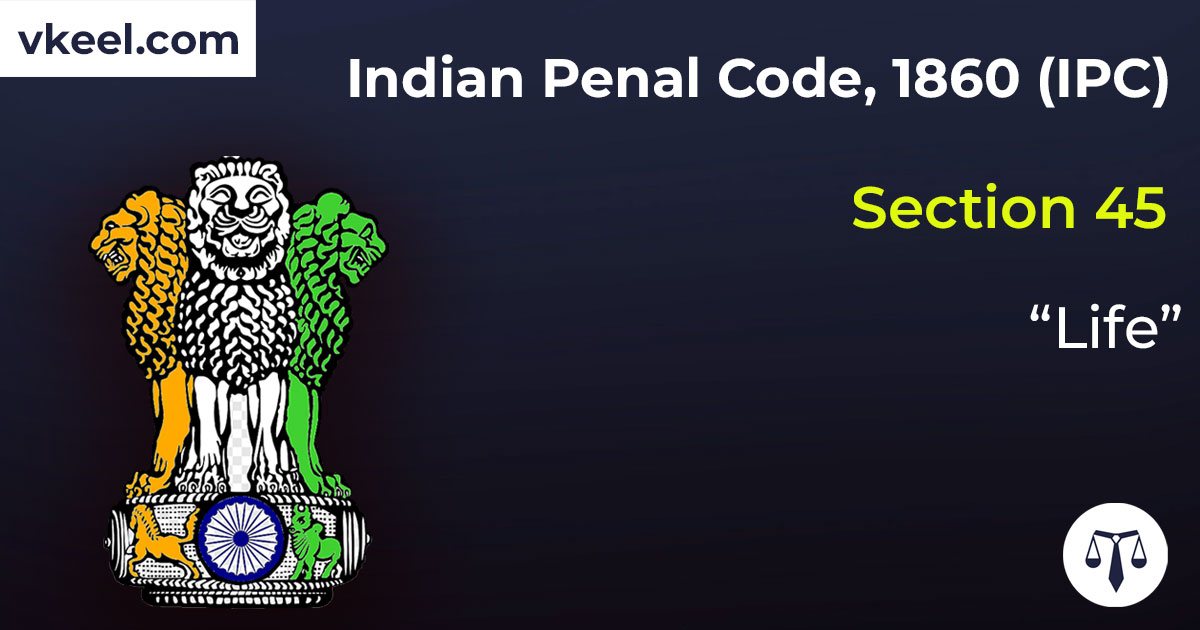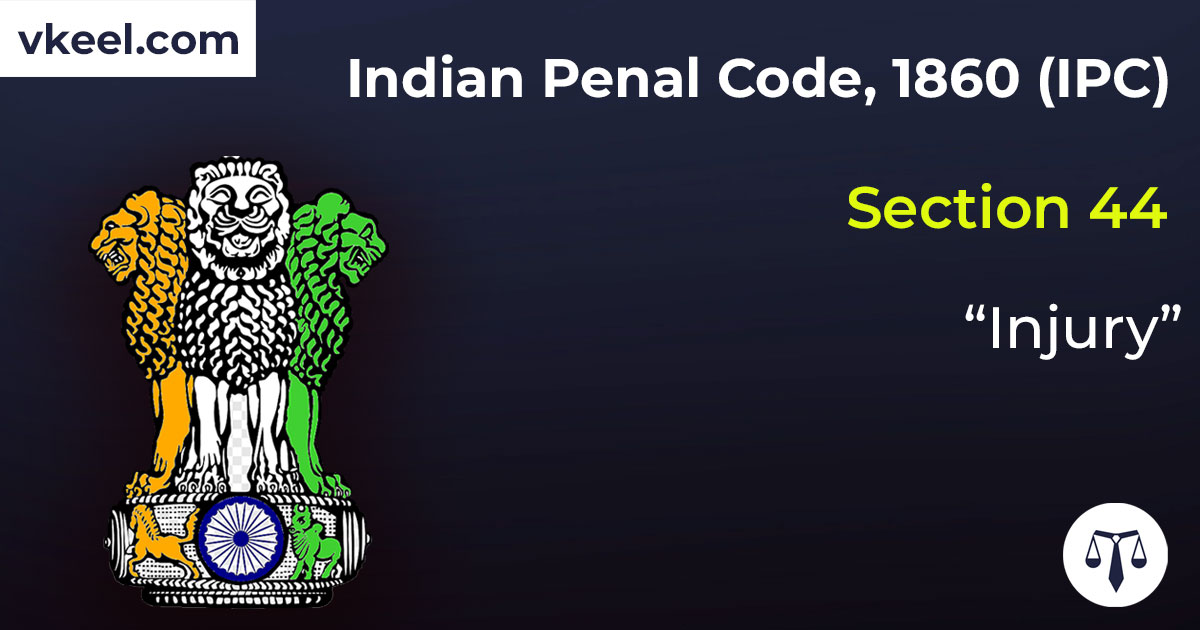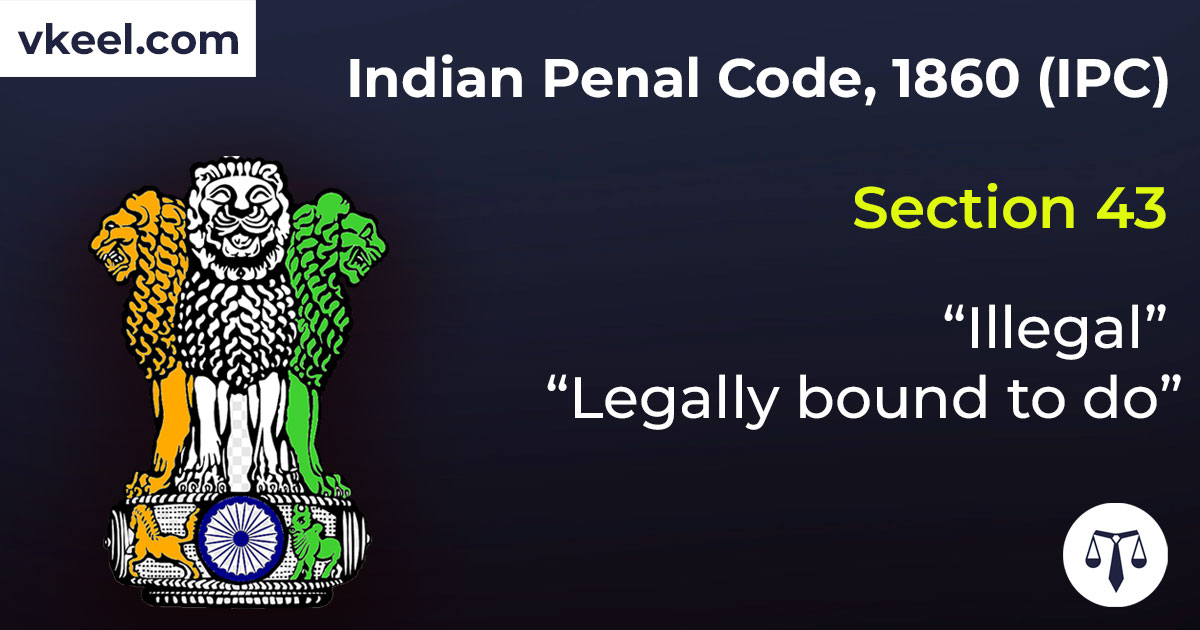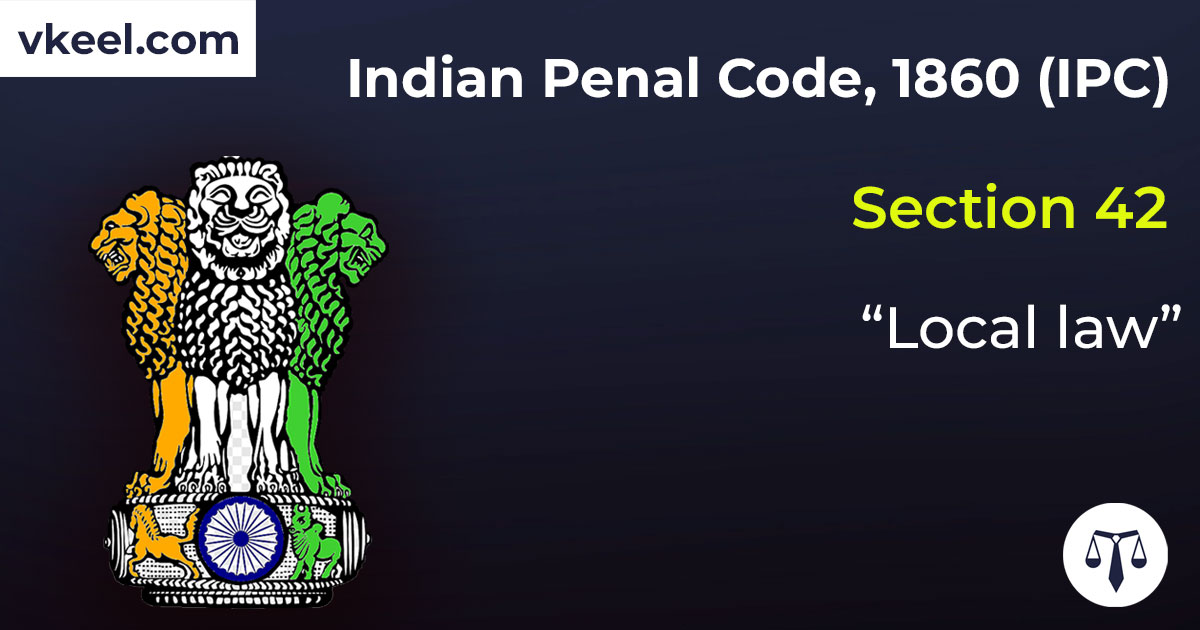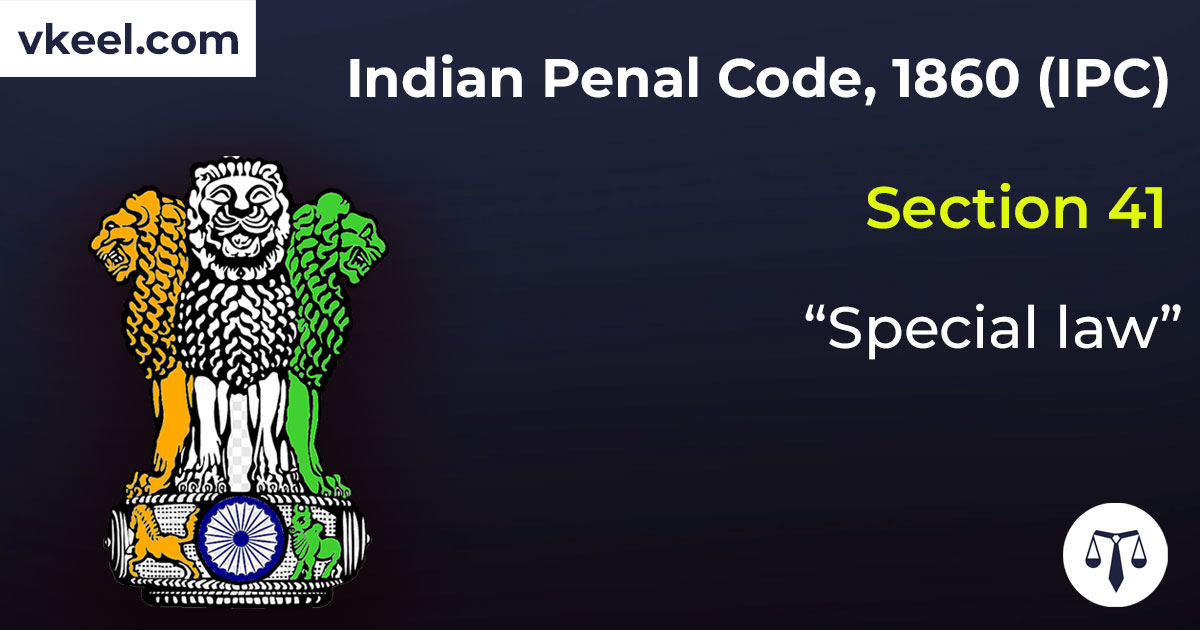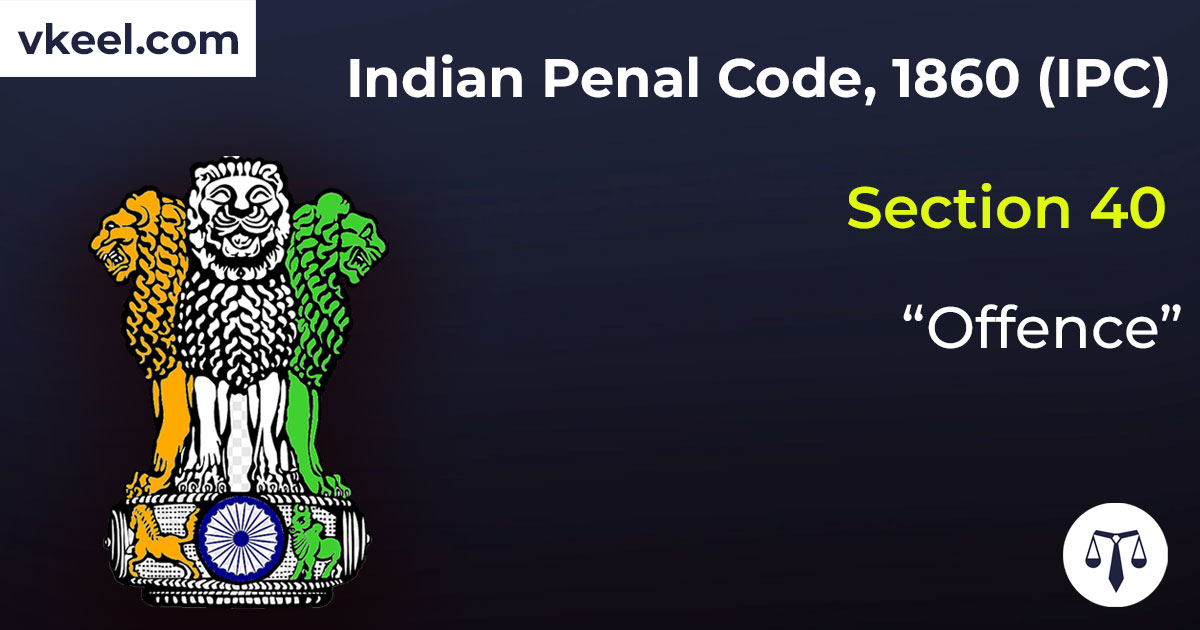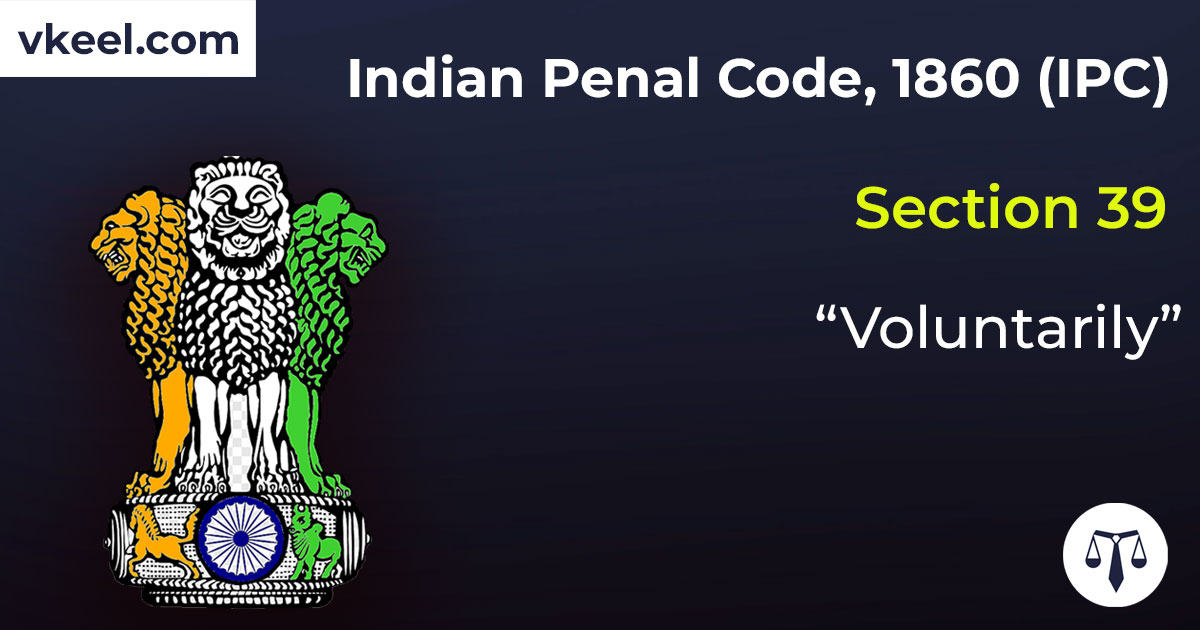Section 31 Indian Penal Code 1860 (IPC) – “A will”
By Vkeel Team
Table of Contents
Description
“Section 31 Indian Penal Code 1860 (IPC)”
The words “a will” denote any testamentary document.
What is a Will?
A will is a legal document that outlines how a person’s assets will be distributed after their death. It is a document that allows individuals to provide instructions for their assets, including money, property, and personal belongings. A will can also include instructions for the care of minor children or dependents, the appointment of guardians or trustees, and the distribution of personal items or sentimental objects.
Conditions for a valid will
For a document to be considered a will under Section 31 of the IPC, it must meet certain conditions. Firstly, it must be in writing. Secondly, it must be signed by the person making the will, or by someone who has been authorized by that person to sign on their behalf. Thirdly, the signature must be made or acknowledged by the person making the will in the presence of at least two witnesses who must also sign the document in the presence of the person making the will.
The will must be attested
The witnesses who sign the will must be competent to testify in court, and they must also be able to verify that the person making the will was of sound mind and capable of making decisions at the time of signing. The witnesses must also attest that they signed the document in the presence of the person making the will, and that they understood the nature and contents of the document.
The will must be clear and unambiguous
A valid will must also be clear and unambiguous. The language used in the document must be specific and precise, and it must leave no doubt as to the intention of the person making the will. If there is any ambiguity or confusion in the document, it may be challenged in court, and the court will determine the meaning of the document based on the evidence presented.
The will must be voluntary
The person making the will must do so voluntarily, without any coercion or undue influence. If it can be proven that the person making the will was forced or coerced into signing the document, or if they did not have the mental capacity to make decisions at the time of signing, the will may be declared invalid.
The will must be registered
Finally, a valid will must be registered with the appropriate authority. In India, wills can be registered with the Registrar or Sub-Registrar of Assurance in the area where the person making the will resides. Registering a will provides additional legal protection and can help prevent disputes over the validity or interpretation of the document.
Consequences of an invalid will
If a will is found to be invalid, the assets of the person making the will will be distributed according to the rules of intestate succession. These rules vary depending on the religion and personal status of the individual, and they can lead to unintended consequences. For example, if a person dies without a valid will, their property may be distributed according to the Hindu Succession Act, which can result in unequal distribution among family members.
Conclusion
In conclusion, Section 31 of the Indian Penal Code 1860 sets out the legal requirements for drafting a valid will. A will must be in writing, signed by the person making the will, attested by two witnesses, clear and unambiguous, voluntary, and registered. Failure to meet these requirements can result in an invalid will, which can have unintended consequences for the distribution of assets after death. It is important to seek professional legal advice when drafting a will to ensure that it meets all the necessary requirements and is legally binding.
Desctiption Source: indiacode
Disclaimer:
The information provided in the article is for general informational purposes only, and is not intended to constitute legal advice or to be relied upon as a substitute for legal advice. Furthermore, any information contained in the article is not guaranteed to be current, complete or accurate. If you require legal advice or representation, you should contact an attorney or law firm directly. We are not responsible for any damages resulting from any reliance on the content of this website.

